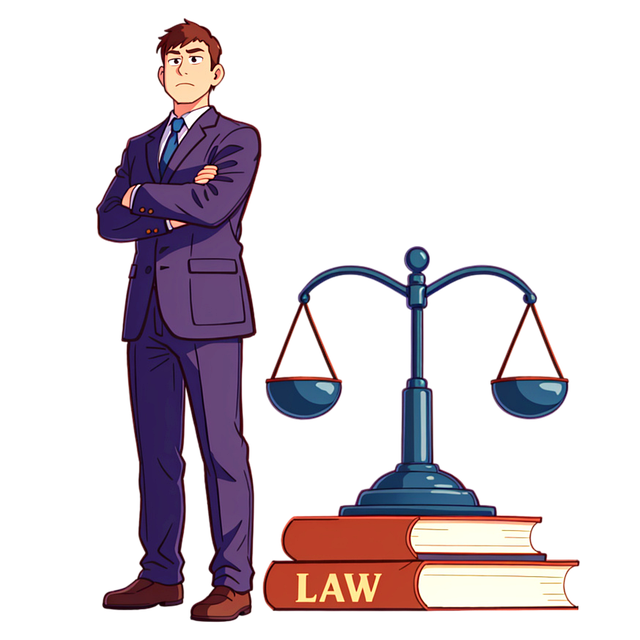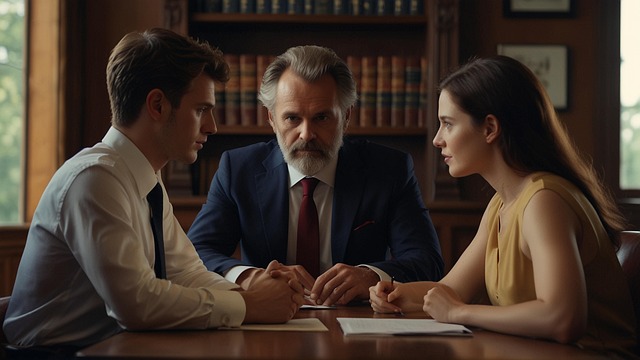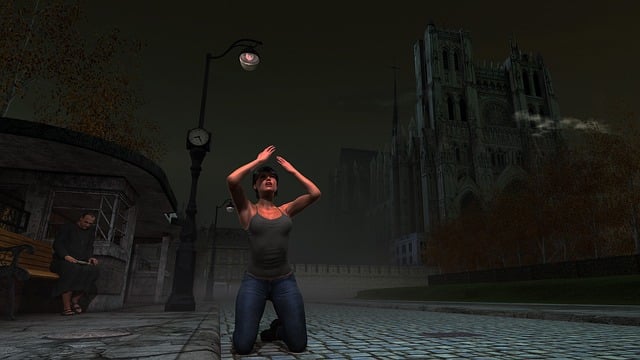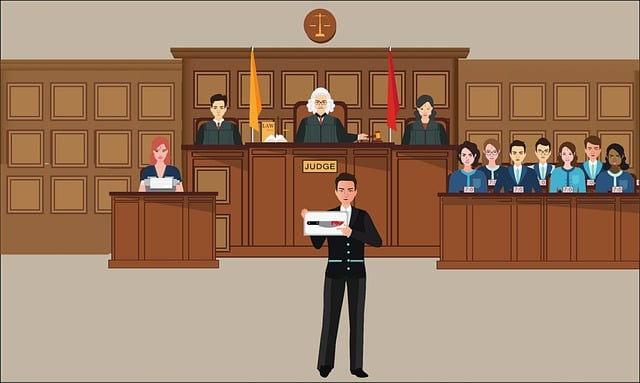Motorcycle accidents without helmets often result in severe physical injuries, including broken bones and traumatic brain injuries (TBI), as evidenced by personal injury claims and survivor stories. Neglecting to wear a helmet can be seen as a breach of fiduciary duty, emphasizing the critical need for riders to prioritize safety measures to prevent life-altering effects. In such accidents, helmets protect riders from head injuries by significantly reducing the risk and severity of brain injuries, which are common in these incidents. Victims may be entitled to compensation for medical malpractice, and engaging a personal injury attorney can help secure accident compensation. Research shows that helmets reduce the risk of fatal injuries, offering invaluable protection against head trauma and brain damage, making them an essential act of self-preservation for road safety beyond legal requirements.
Motorcycle accidents can leave devastating consequences, often with life-altering injuries or worse. In the face of these stark realities, one simple yet powerful tool stands out: the helmet. This article delves into the profound impact of motorcycle accidents and reveals why wearing a helmet is not just a choice but an essential defense mechanism. We explore stories of survival, examine the protective role of helmets, and emphasize that their use goes beyond legal obligations, offering the best chance at minimizing harm in the event of a crash.
- The Impact of Motorcycle Accidents: Stories Unveiled
- The Role of Helmets: Protecting Your Most Vital Organ
- Beyond the Law: Why Wearing a Helmet is Your Best Defense
The Impact of Motorcycle Accidents: Stories Unveiled

Motorcycle accidents without a helmet can have devastating consequences, as evidenced by numerous personal injury claims filed by victims and their families. These incidents often leave individuals with severe physical injuries, ranging from broken bones to traumatic brain injuries (TBI). The stories of survivors and their journeys towards recovery highlight the importance of wearing protective gear, particularly helmets, while riding motorcycles.
In many cases, breach of fiduciary duty by riders who neglect to wear a helmet plays a significant role in the severity of injuries incurred during motorcycle accidents. This neglect can result in long-term disabilities or even death, as the head is a vulnerable area that requires robust protection. The impact of such accidents reveals the critical need for riders to prioritize safety measures, understanding that their actions (or lack thereof) can have profound and life-altering effects.
The Role of Helmets: Protecting Your Most Vital Organ

In the event of a motorcycle accident, the role of a helmet cannot be overstated. It serves as a crucial barrier between you and potentially life-threatening injuries, especially to the head. The human skull offers minimal protection against impact forces, making helmets indispensable in mitigating the risks associated with motorcycle accidents without a helmet.
When involved in a crash, the force of impact can cause severe trauma, including brain injuries, which are among the most common and devastating outcomes in personal injury cases stemming from motorcycle accidents. A well-designed helmet, when worn correctly, significantly reduces the risk and severity of such injuries. Seeking compensation for medical malpractice due to these incidents is a right, ensuring that victims receive the necessary care and support during recovery. Engaging a competent personal injury attorney can help navigate this process and secure accident compensation.
Beyond the Law: Why Wearing a Helmet is Your Best Defense

Many riders often question the necessity of wearing a helmet beyond what the law mandates. After all, some argue, it’s their freedom to choose how they protect themselves on the roads. However, the benefits of helmet use extend far beyond legal requirements. A motorcycle accident without a helmet can lead to severe, life-changing injuries, and the protection offered by properly fitted headgear is invaluable. It acts as a shield, reducing the risk of head trauma, brain damage, and even death.
Consider this: according to research, helmets significantly lower the risk of fatal injuries in motorcycle crashes. They provide crucial cushioning during impact, protecting your head and brain from severe forces. In the event of a collision—a common occurrence in business litigation scenarios or nursing home neglect cases, where quick reflexes are paramount—a helmet can be the difference between a minor bruise and life-threatening injuries. Choosing to wear a helmet is not just about adhering to the law; it’s an act of self-preservation that demonstrates your commitment to staying safe on the roads.
Motorcycle accidents can have devastating consequences, as evidenced by numerous real-life stories. While laws mandating helmet usage vary across regions, the overwhelming evidence highlights their life-saving potential. Wearing a helmet is not just about complying with regulations; it’s a proactive step to protect your most vulnerable organ—the brain. By donning a helmet, riders can significantly reduce the risk of severe injuries and fatalities in the event of a crash, making it an indispensable defense mechanism on the roads, regardless of legal requirements.






